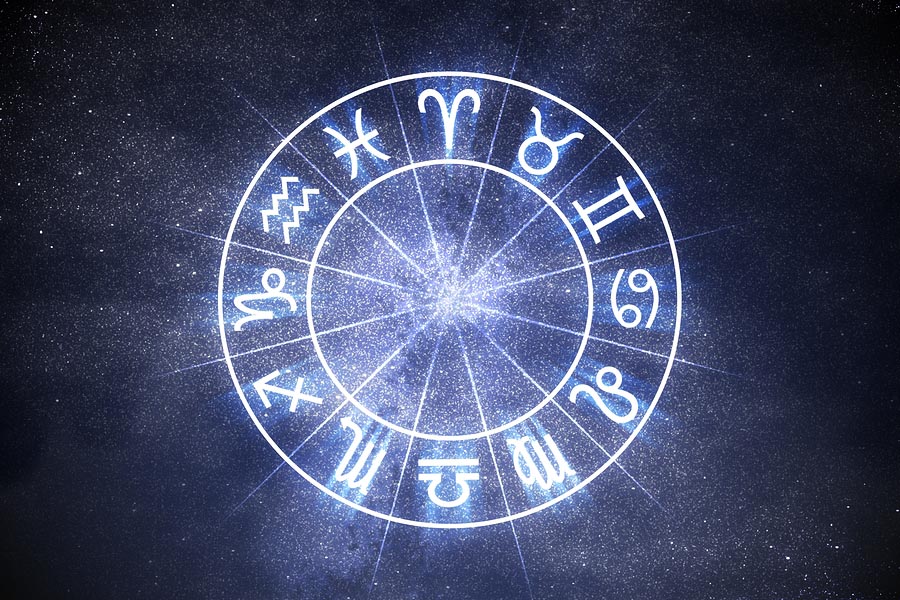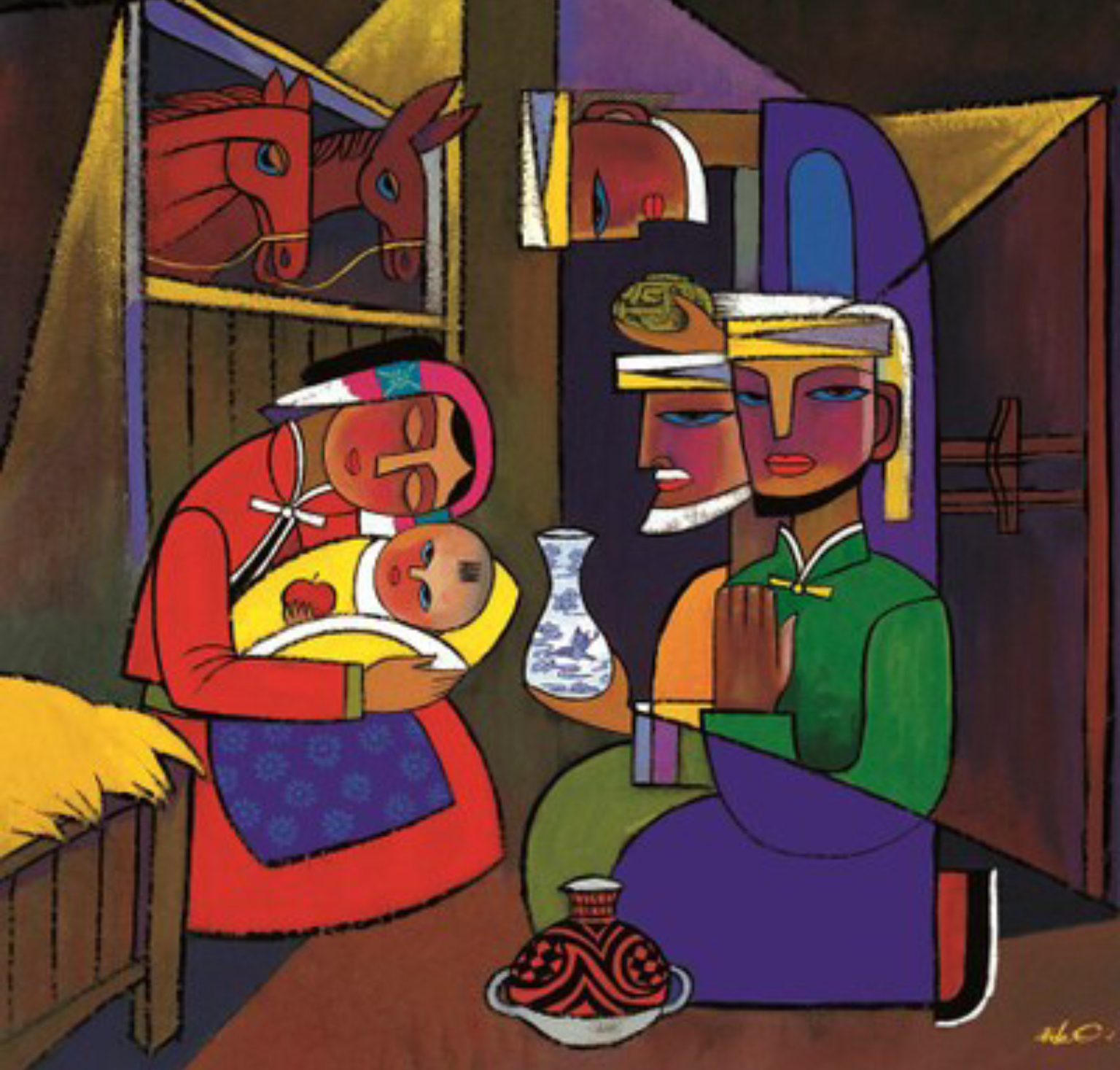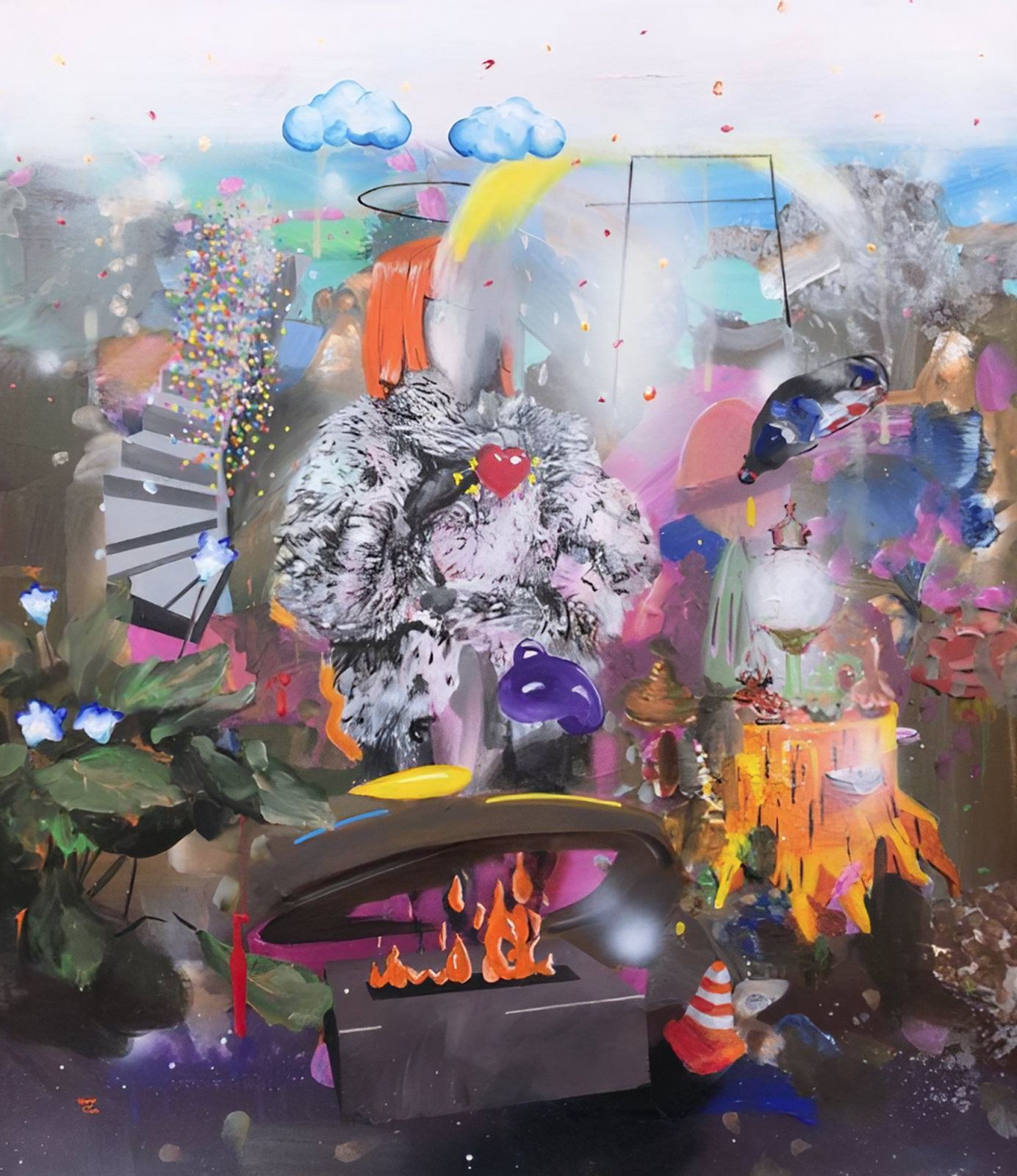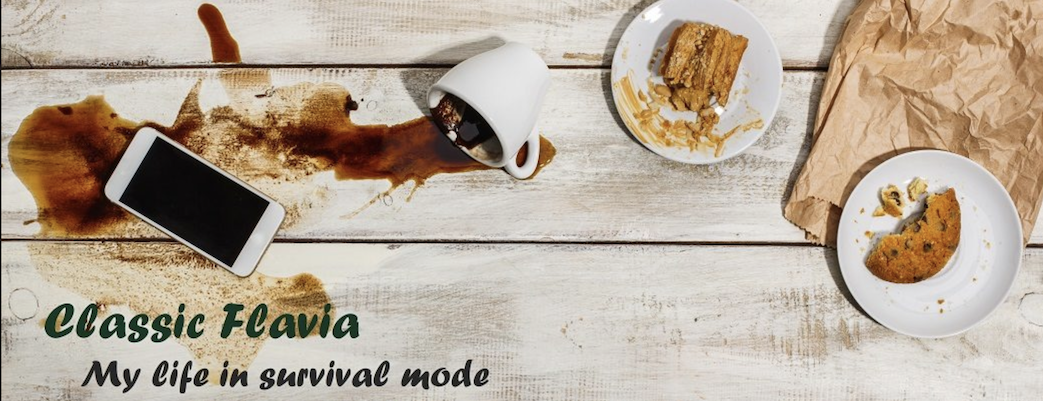“I believe in numerology, astrology and the geometry/patterns that piece us all together in the universe. I do have some doubts about daily horoscope predictions like ‘you’ll likely meet the love of your life today’ or ‘you’ll find some money in the boxers you wore in high school today’ but I believe the general projection of the character traits and ideals(or lack of) of people born in certain periods of time. For instance it can’t be a coincidence that many of the Pisces I know love swimming and have an apt musical taste but tend to be quite fearful. Further down the line, a deep attachment to their mothers and homebodiness seems to prevail amongst many cancers I know.
[. . .]
“Admittedly, I have twisted my adherence to astrology in the past. When certain relationships didn’t pull through, it was easier for me to cite astrology as i pulled out. Well, I’d say, ‘Gemini and Capricorn are incompatible according to astrology anyway’. Of course i failed to acknowledge that Love is the greatest force in the universe. Strong enough to realign the stars and make every theory, law and rule crumble. Astrology is credible but it only affects you to the degree of power with which you bestow it. In the end patience, kindness and hardwork which are hallmarks of Love conquer all things.
“There are other signs that are not so compatible with Gemini according to astrology(Pisces,Virgo Scorpio,Taurus). it’ll be foolhardy to avoid getting intimate with people of these signs due to ‘the fault in our stars’ because every zodiac sign is filled with the most amazing people. compatibility is not everything, i’m learning that what makes any relationship work is not how compatible you are but how you deal with incompatibility and this is the mindset that one needs to climb the stairs towards ‘The Love that moves the sun and the other stars’ as the Italian poet, Dante Aligheri put it.” —ifeanyi, “The Love that moves the sun and the other stars,” everyevery, June 5, 2019 (retrieved March 26, 2024)





